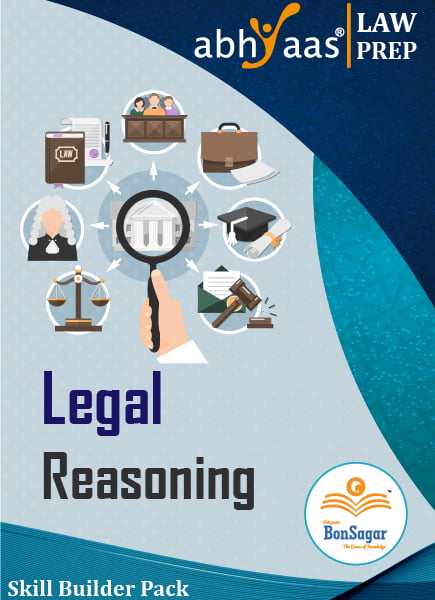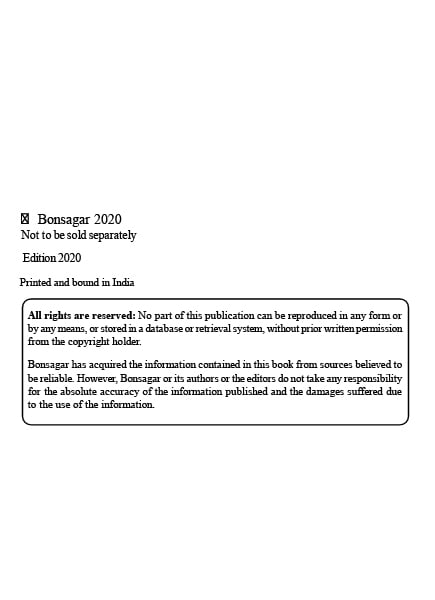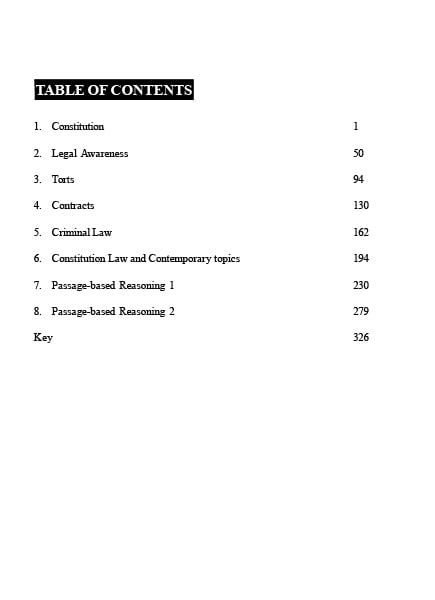Apart from the festivities that October-December ushers in, it also rings in an extremely significant window for students, especially for MBA aspirants. If you’re wondering why, here’s your answer. It assumes the shape of one of the most critical phases because major MBA exams like CAT, SNAP, IIFT, MAT happen during this season. With all the hype and hoopla around an MBA degree thanks to the belief that it gives higher salaries, better lifestyle and so on, it is extremely important that you get certain facts about this degree right, if you are planning to enrol yourself in an MBA course. Thanks to the conundrums built around it, it’s time we put things in perspective. To make that job easier for you, we present an interview with one of the best CAT trainers in the state Mr. Naresh Dubbudu, a topper from IIM- Bangalore and Managing Director of Abhyaas Edu Corp. This former McKinsey consultantanswers some key questionsabout MBA.
Q: Who should do an MBA?
ND: Over my association with B-schools and my interaction with hundreds of students who made it top B-schools, I can clearly classify students into two categories.
- People looking to climb the next step: If you’re one of those people who’s looking to move on to step 2 of your career ladder, then MBA will be a great choice for you. It gives you skills that will push you to the next level in your career.
- People looking forjob openings: Unemployed graduates looking at openings in management like to be equipped with an MBA degree. I see this mostly in India, that people seek an entry career in management and take up MBA for the same, which is rare in other countries where management is a logical progression for those who already have experience.
A word of caution, however, that you should not always do an MBA just for money.
Q: Why should one aspire to have an MBA degree?
ND: To manage any business, functional, economical and common market knowledge are critical. Apart from these one needs the critical skill of leading people. This includes giving the right messages the right way, having the right network to interact and grow. An MBA from a good college gives you all these hard and soft business abilities. Hard abilities it is about market knowledge, while soft, on the other hand, is about leadership skills, people skills and attitude.
Q: Any novice will get confused with what to do. There is an ocean of options: PGPM, PGDM,two-year, executive and functional. Can you please shed some light on these aspects?
ND: That’s true. If you are getting confused with a host of options, you’ve got to relax and start over again. For your benefit, properly put, types of MBA can be divided into three categories:
- Two-year vs One-year
- General vs Functional
- PGDM vs PGPM vs MBA
Two-year vs One-year: When it comes to two-year vs one-year, if you are aiming at a career opening in management, you should opt for the former. It gives better exposure, better peer-to-peer interaction and makes you better prepared for the industry. One-year,on the other hand, is mostly taken by people who have a 4+ years of work experience. If you are looking at an elevation in your job positions, then this is the best choice for you. On any given day, two-year is preferable to one-year for those who are not having a time crunch.
General Vs Functional: This is a debate which I always have with my students joining different B-Schools, mostly because some of the top B-Schools like IIFT, SP Jain have a functional MBA. Students who get into this schools worry whether taking this functional MBA will narrow their options. And it’s true. Unless you have a crystal clear idea of what to do after your two years of MBA, it doesn’t make sense to take a functional MBA. Else, going with an general MBA will give you exposure to different fields and broader choices.
PGDM vs PGPM vs MBA: This is one of the choices that people worry about mostly. In India, MBA is a degree and only universities can give a degree, not even the best management colleges like IIMs are universities. PGDM is a diploma given by autonomous colleges which are approved by AICTE.Again not even IIMs are approved by AICTE. The last is PGPM, which is given by autonomous colleges not approved by AICTE. Even IIMs give PGPM degrees. At the end of this there is one single point that should be underlined, what matters is the college from which one is graduating not the degree.
Q: Well that was a clear description Mr. Naresh. There are students preparing for MBA entrance exams during their undergraduate studies, but 90% of the people don’t make it. Then the same students will again get qualified sometimes after two years, sometimes after four. Can you please shed some light on when is the ideal time to do an MBA?
ND: If you are one of these students, then you need to remember that irrespective of when you do an MBA you have to be active. By active, I mean you need to be working or studying while taking your MBA entrance exams. I see a lot of students who want to take a year off to prepare for the entrance exams, which may lead to getting through the exam with a good percentile, but the second round is where most of the candidates will get rejected. So in simple terms you need to be ACTIVE when attending MBA entrance exams and GE-PI Process.
Now when it comes to your question on the exact time of an MBA, freshers still form more than 20% of the IIM admits. Since MBA is a course envisaged for career enhancement, it is preferred to be done between 2-4 years of work-ex. However, if you are stuck at particular position for a certain time (4+ years) then you can do a one-year MBA/executive MBA for career enhancement.
Me: Lastly, where should one do an MBA?
ND: I will take the liberty of expanding this question and answering all the aspects of where should you do an MBA. Let me put it in 3 different cases:
- India vs Foreign: Unlike, masters, MBA is a location dependent course. MBA involves a lot about study of markets, internships at local companies etc. So it is preferable to do an MBA in a country where you are looking to have a future career. Unless you make it into global top B-schools such as Stanford, Harvard, and London Business Schooletc, it is preferable that you do an MBA in a place where you wants to build up a career.
- Residential Vs Day scholar: This is one other common question and I have a simple answer to it. Always prefer a residential college. MBA not only involves classroom training but a lot of peer to peer learning, which happens more in residential program.
- Fees Vs Salary: MBA has become very costly now-a-days. I have a simple formula: if a school can promise to give 80-120% of your fee as your first annual salary, then it’s a good return on investment and you should surely opt for that.











